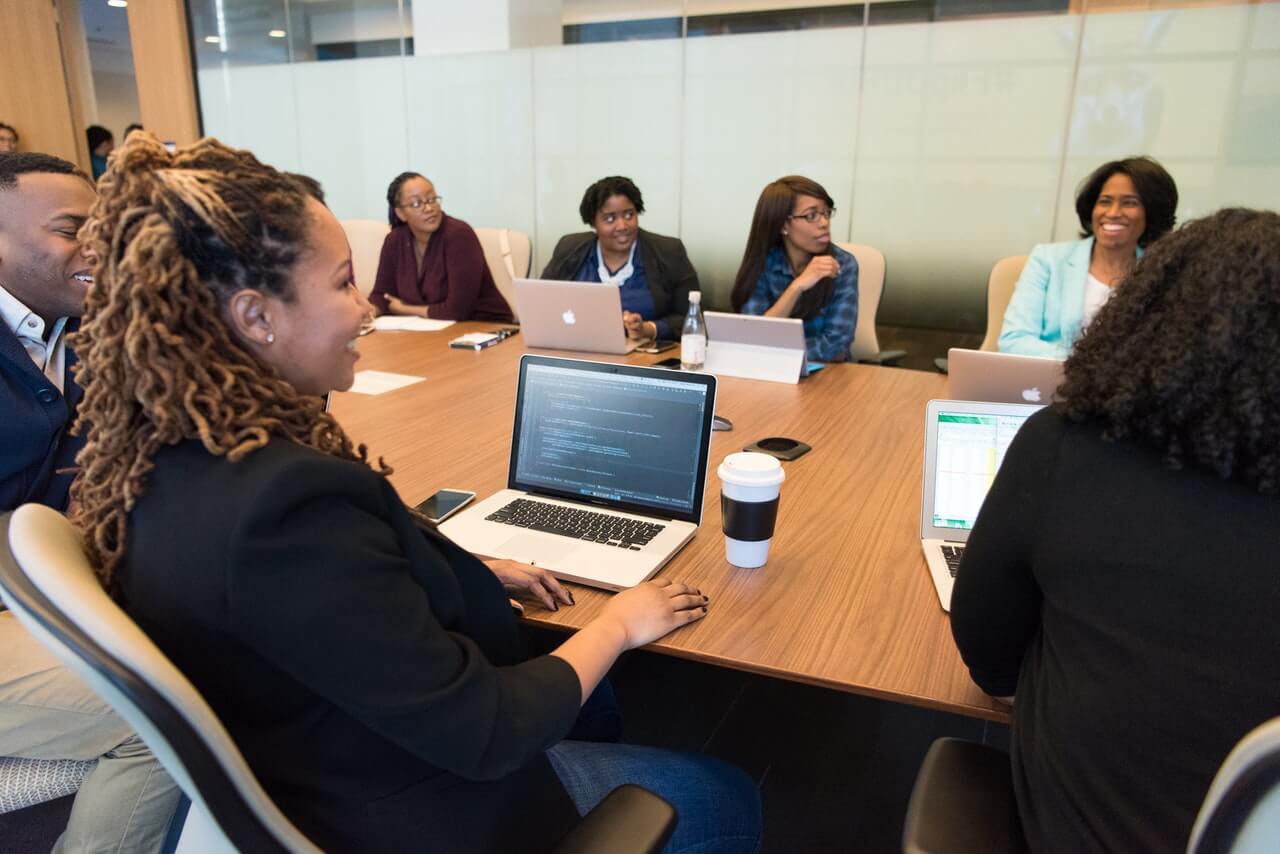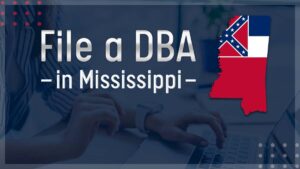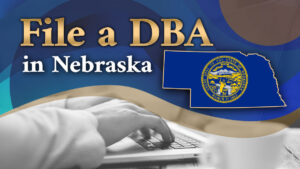Board conversations should not be comfortable, routine exchanges of information concerning pre-agreed topics, facts and interpretations. They need to test the boundaries of the known to enable the organisation to profit from uncertainty whilst conceiving and avoiding risks that are emerging.
Such conversations are inherently dangerous and require a degree of trust among the participants. Challenging the status quo whilst supporting the current management and developing the next generation of managers requires boards to have a wide range of behavioural and conversational modes. As knowledge is developed through these conversations it must be recorded so that it is not lost; if records are not kept then knowledge will need to be regenerated in every meeting, wasting valuable time and undermining progress.
Recent trends and tendencies threaten this process by restricting the information contained in board minutes so that only ‘safe’ records are maintained. Legal advice to record only the issue and the decision protect boards if minutes are disclosed in legal proceedings. They also render the minutes virtually useless as a means of developing corporate memory.
This process has led many directors into the habit of making their own records, often by annotating their board papers or in a private ‘board diary’. These documents then leave to company and are stored as each individual director sees fit. Whilst these personal notes assist individual directors when they need to remember the nuances of difficult conversations about risky decisions they participated in, they can be a source of great embarrassment if they fall into the public domain.
Some companies manage this risk by requiring all board materials to be returned to the company secretary or some other person) for secure disposal. They enter into a ‘deed of access’ which gives the individual directors a right to examine the official records should a need arise. The most sophisticated companies manage this process by using ‘electronic board packs’ which allow directors to make notes on a version for use up to and during the meeting but then destroy all marked papers and retain only a clean copy for the company register.
Other companies request that directors destroy their papers after a pre-agreed period of time.
Neither of these risk mitigation strategies controls personal diary notes or compensates for the loss of qualitative data about the factors that were considered in reaching each decision. Some governance advisers have called for boards to record in the minutes which directors voted for or against each decision. This information is useless without a background of the facts presented and the interpretation given to these facts during the board’s conversation. Disclosing individual votes serves only to weaken board unity. All board members are responsible for all actions of the company taken pursuant to a decision of the board, regardless of whether they voted for or against it.
Rather than recording votes (although abstentions should be recorded where this information serves as evidence of the board properly managing a conflict of interest) it would serve the company better if the minutes recorded the key elements of the discussion so that these were available for later review. Far better to have the assumptions clearly recorded so that decisions can be revisited if key assumptions prove to have been wrong. Most boards are more likely to revisit a decision than they are to be called upon to defend it in court.
If you do end up in court it is better to be able to state that the board considered a range of issues before making its decision when, with the benefit of hindsight, unfriendly barristers are suggesting that the decision was negligently or recklessly made.
A side effect of such record keeping is that the truly negligent boards would then be easy to identify.
The downside, of course, is that dangerous and radical ideas would be recorded and, from time to time, could surface in public records, exposing the board members to ridicule or retribution. One director said that, when her company was being criticised for slow growth compared to rivals she reviewed past minutes and found that the board had considered collateralised debt instruments but had decided not to use them as they couldn’t understand them and it appeared from the board discussion that management didn’t understand them either. The original board decision was reviewed several times but never overturned; each time the opacity of the instruments deterred the board from approving their use. The board members felt no qualms about recording their inability to understand the CDOs even though the information could have been used against them if it became public. The GFC passed and the company then performed well compared to peers. Several billion positive reasons to record dangerous ideas in board minutes!
What do you think?
———————————————————————————————————-
Julie Garland-McLellan has been internationally acclaimed as a leading expert on board governance. See her website and LinkedIn profiles, and get her book Dilemmas, Dilemmas: Practical Case Studies for Company Directors.
 Sections of this topic
Sections of this topic
















